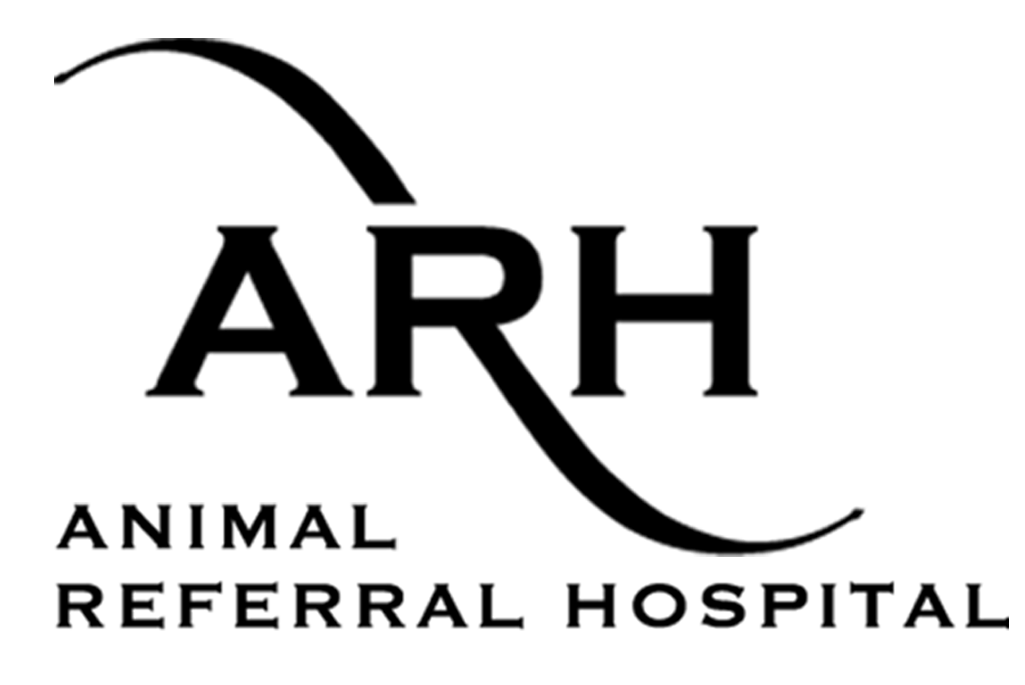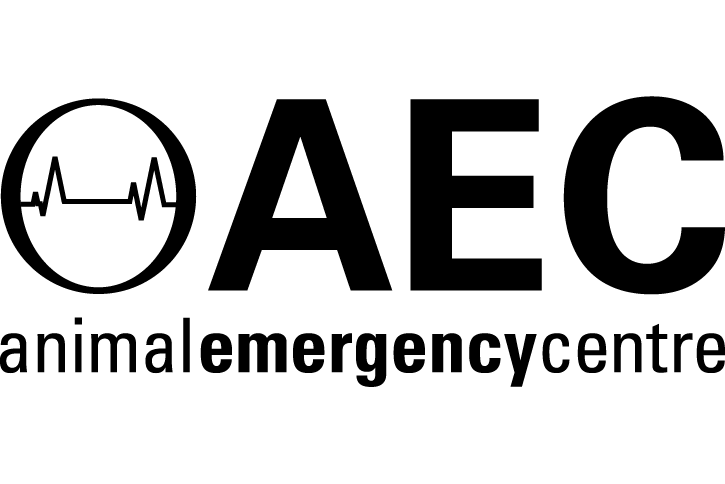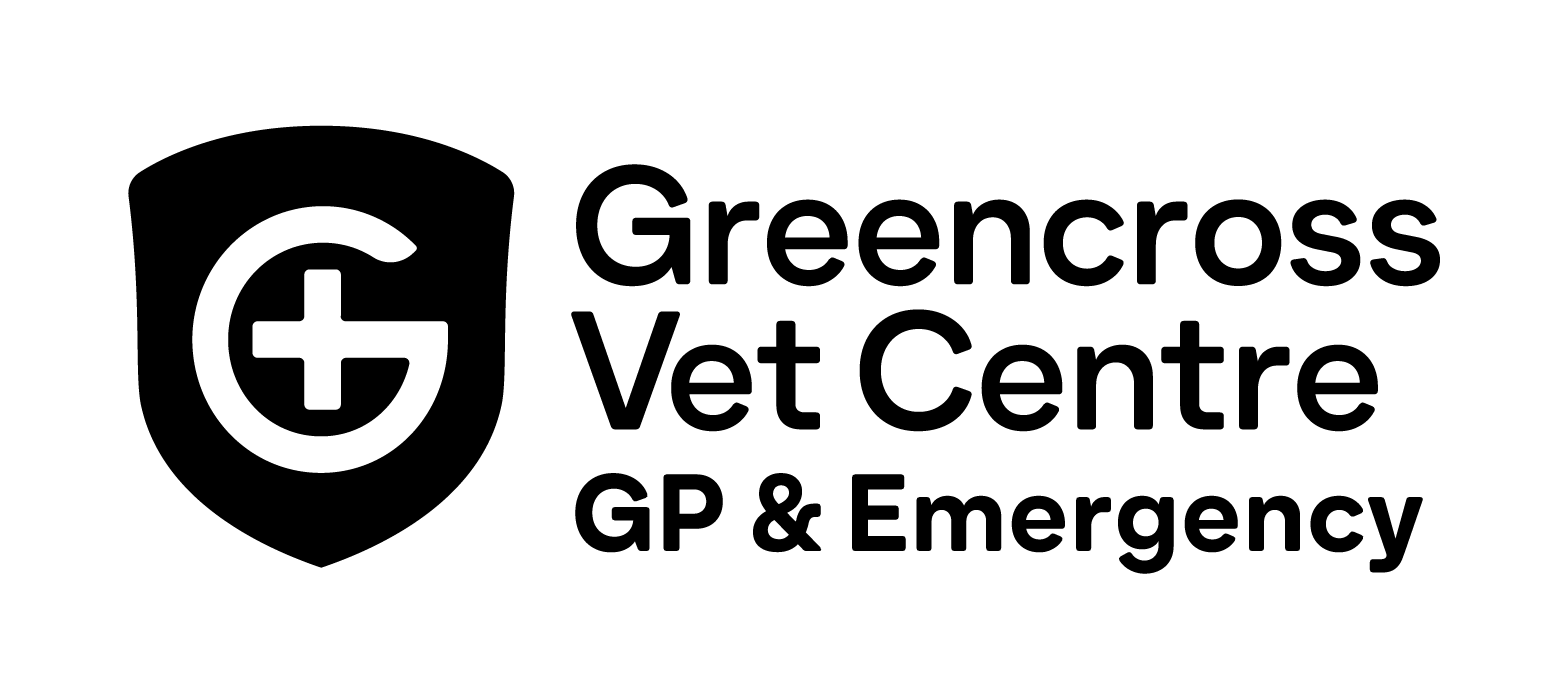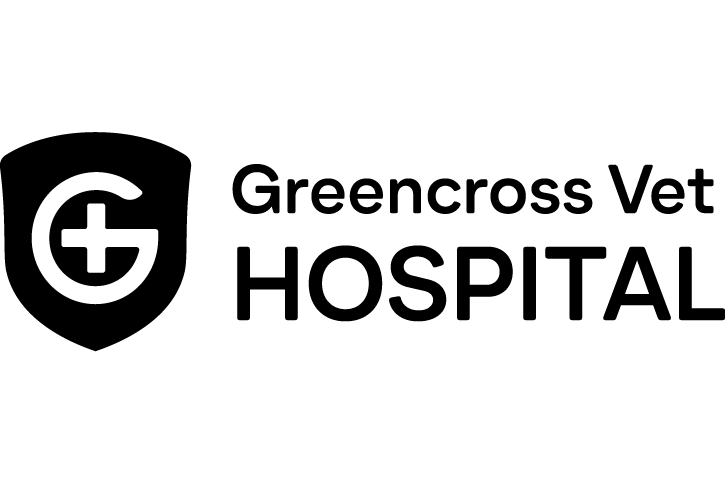Is the grass greener?
By Dr Charles Kuntz DVM, MS, MACVSc, Diplomate ACVS, ACVS Founding Fellow of Surgical Oncology, Registered Specialist of Small Animal Surgery, Senior Staff Surgeon
Having a father and three sons who chose human surgery, I am often asked if I regret choosing veterinary medicine. The same question was recently posed by a colleague in reference to the high suicide rate amongst vets relative to almost any other profession.
These are two very different questions -
Would I as a specialist surgeon, having gone through the same amount of training as my human counterparts, choose to have become a human surgeon because of the potential for higher salary, more respect, more impact, cleaner working conditions, etc. if I were able to start over?
Do veterinarians suffer more stress compared with medical doctors, contributing to higher suicide rates? Given the choice, would I choose to be a medical doctor if I could do it all again?
In response to the first question, the answer is a resounding “No.” First of all, if I had not been a vet, I would not have met my wife and we would not have our three perfect sons. After that response, I am then often asked, “What if you could snap your fingers and be a human surgeon, maintaining every other part of your life as is?” Again, the answer is “No.” I was at the wedding of one of my wife’s protégées who was married to a human anaesthesiologist. I was sitting at a table with about 7 medical doctors and we were all discussing what we did. One was saying that they did anaesthesia for cardiac surgery. Another reattached fingers and hands that had been traumatically severed. I asked, in wonder, “Wow!!! Do you absolutely LOVE your jobs?!?!?!” They all looked at me as if I was from Mars. Almost every one of them said that they do their job because they have to, but it was a drudgery and not much fun.
As a specialist surgeon, I have loved almost every minute of my career. We, as veterinarians, have the privilege of setting the tone and culture of our practices in a way that would not be possible in a human hospital. In our practice, we have made sure that every team member feels respected, knowing that their contribution makes a difference. We don’t tolerate Prima Donnas and we have an absolutely “No yelling” policy. I know that every day that I come to work, I am going to have a laugh or five.
In addition, as a specialist surgeon, I get to do a variety of cases, again not possible for human surgeons. I can do a cancer surgery, a thoracic surgery, a spinal surgery and a urinary surgery all on the same day. Also, as an innovative veterinary surgeon, I have been very lucky to be a big fish in a small pond. I have been able to devise new techniques for my patients, which would be much more difficult in human surgery.
I also don’t underestimate the benefit of being a veterinarian who practices only by referral. About 80% of the owners of pets for which I recommend further diagnostics +/- surgery opt to go ahead. I fully recognise that this is a luxury afforded me because primary care vets screen my patients prior to referral. If I had to see primary access patients, I would have to see 10 x more consultations to have the same surgical caseload. As a business owner of multiple veterinary specialty practices, I have had my fair share of stress. The difference is that given the financial realities of referral practice, I have always been able to hire enough staff, have the right equipment and have coverage so that I was able to get time off. This is not the case in some primary care practices particularly in rural settings.
That brings me to the second question -
"Do human medical doctors have it easier than primary care veterinarians?"
I think that being a primary care veterinarian would be much more challenging. There would be MANY more clients not opting for the best treatment because of financial constraints. There would be many more abusive clients. There would be patients being euthanised because of the lack financial means which is obviously not an issue in human medicine.
Young primary care vets are often under financial stress because salaries are low. They may have student debt repayments as well, with some owing a quarter of a million dollars at graduation. Low salaries are dictated by the fact that some clients are unwilling to pay appropriate prices for treatment. There is a lack of understanding, particularly in Australia, that when a woman goes to the hospital for a c-section, she might be out of pocket $1,000. The government supplements that amount by another $29,000. When a veterinarian charges $1,000 for a c-section, the government is NOT paying anything. What veterinarians charge must go to rent, salaries, consumables, electricity, insurance, etc, etc. 15% of veterinary practices in Australia operate at a LOSS every year. Low salaries and unprofitable practices can contribute to low self-esteem.
There is also the issue of isolation. Young vets are often left alone to manage on-call, challenging cases, abusive clients, and multiple euthanasias with limited support. The stress can lead to clinical mistakes, poor outcomes and more abusive clients. Veterinarians often have type-A personalities, used to perfection. Many of us take poor clinical outcomes and disgruntled clients very badly. Add a client saying “If you loved animals, you’d do it for free” and you get the perfect storm for stress and depression. Can you imagine a customer walking into a car dealership saying “If you loved cars, you'd give them away?” …Or a patient going to the dentist saying “If you loved teeth, you’d do my veneers for free.” I understand that some owners are desperate to save their family member despite not having the finances available. That is unfortunate, but frankly, it is not the fault of the primary care veterinarian. They should not be saddled with that guilt. There are low cost non-profit options in many cities.
Being a veterinary specialist surgeon has been amazing. I would not trade it for anything. Not having been in general practice, I can’t really comment on quality of life of primary care veterinarians, but from numerous conversations that I have had, a lot of primary care vets are struggling. At one end, they have specialists saying that they need to refer all of the challenging cases. At the other end, online pharmacies are taking revenue from medications. Veterinarians are getting squeezed in the middle.
Throw in a disgruntled client at the end of a challenging day, and you might just feel like locking the door, and walking away for good. 95% of pet owners are amazing. The problem is that the other 5% can easily outweigh the 95% and make it seem like veterinary medicine is just not worth the effort. That is, in part, why veterinarians are leaving the industry in droves. This is increasing the stress on those remaining. Combine that with veterinary practices being 50% busier the past 18 months compared with previous years, and you have a formula for disaster.
I really can’t offer many solutions. Supporting the mental health of team members is certainly helpful. Encouraging pet owners to get insurance can reduce the impact of a medical emergency. Pet owners can also try to understand the impact that they have on the well being of veterinary team members.
You can read more of our specialist veterinary news and stories here.
For referring vets, please use our online referral form to submit a case enquiry.
Our Network
Animal Referral & Emergency network is the largest specialty and referral network in Australia, consisting of over 20 sites. With over 1,200 dedicated team members, including over 600 nurses and over 390 veterinarians (including specialists and registrars), we provide exceptional care for your pets. Count on us for expert medical attention and comprehensive veterinary services.
.png)








